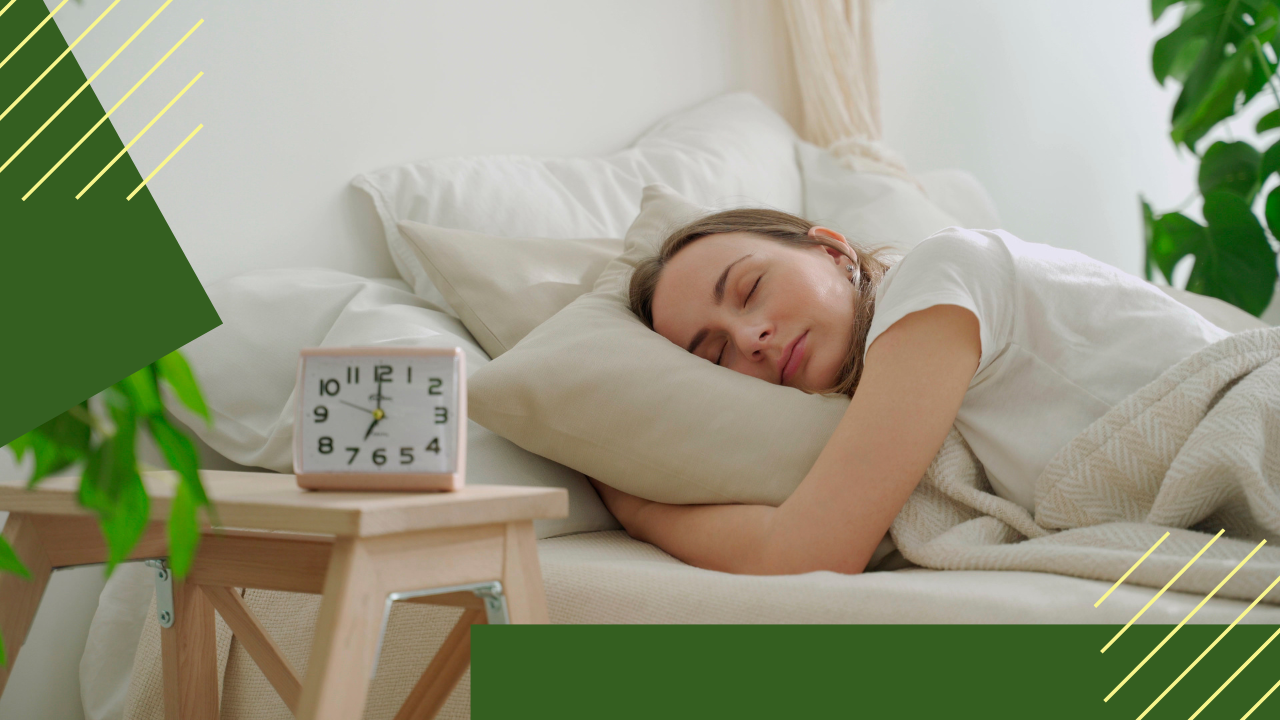Falling asleep quickly is a common struggle for many people, especially in today's fast-paced world where we are constantly bombarded with information and stimulation. The inability to fall asleep quickly can lead to poor sleep quality, fatigue, and even health problems. In this long-form blog article, we will explore some tips and strategies for falling asleep quickly and getting a good night's rest.
One of the most important things to consider when trying to fall asleep quickly is your sleep environment. This includes everything from the temperature of your room to the amount of light and noise. The ideal sleep environment is cool, dark, and quiet. If your room is too hot, invest in a fan or air conditioning unit to cool it down. If your room is too bright, invest in blackout curtains or an eye mask to block out the light. If your room is too noisy, invest in a white noise machine or earplugs to block out the sound.
Another important factor in falling asleep quickly is maintaining a consistent sleep schedule. This means going to bed and waking up at the same time every day, even on weekends. This helps regulate your body's internal clock and makes it easier for you to fall asleep at night. Additionally, avoiding stimulating activities such as watching TV or using electronic devices for at least an hour before bedtime can help prepare your mind and body for sleep.
Another thing you can do to fall asleep quickly is to practice good sleep hygiene. This includes things like avoiding caffeine, alcohol, and nicotine close to bedtime, as well as avoiding heavy meals and intense exercise close to bedtime. Additionally, engaging in relaxation techniques such as yoga, meditation, or deep breathing exercises can help calm the mind and prepare the body for sleep.
Lastly, it's important to identify the underlying cause of your insomnia, if any. If you've tried all of the above tips and strategies and still find it difficult to fall asleep quickly, it may be a good idea to see a doctor or a sleep specialist. They can help identify any underlying health conditions or lifestyle habits that may be contributing to your insomnia and provide you with a personalized treatment plan.
In conclusion, falling asleep quickly is a common struggle for many people, but it doesn't have to be. By creating a comfortable sleep environment, maintaining a consistent sleep schedule, practicing good sleep hygiene, and identifying any underlying causes of insomnia, you can improve your sleep quality and fall asleep quickly. Remember that it's essential to give yourself enough time to relax and wind down before bed, and avoid any stimulation that could keep you awake. With a little effort and patience, you'll be well on your way to a good night's rest.

